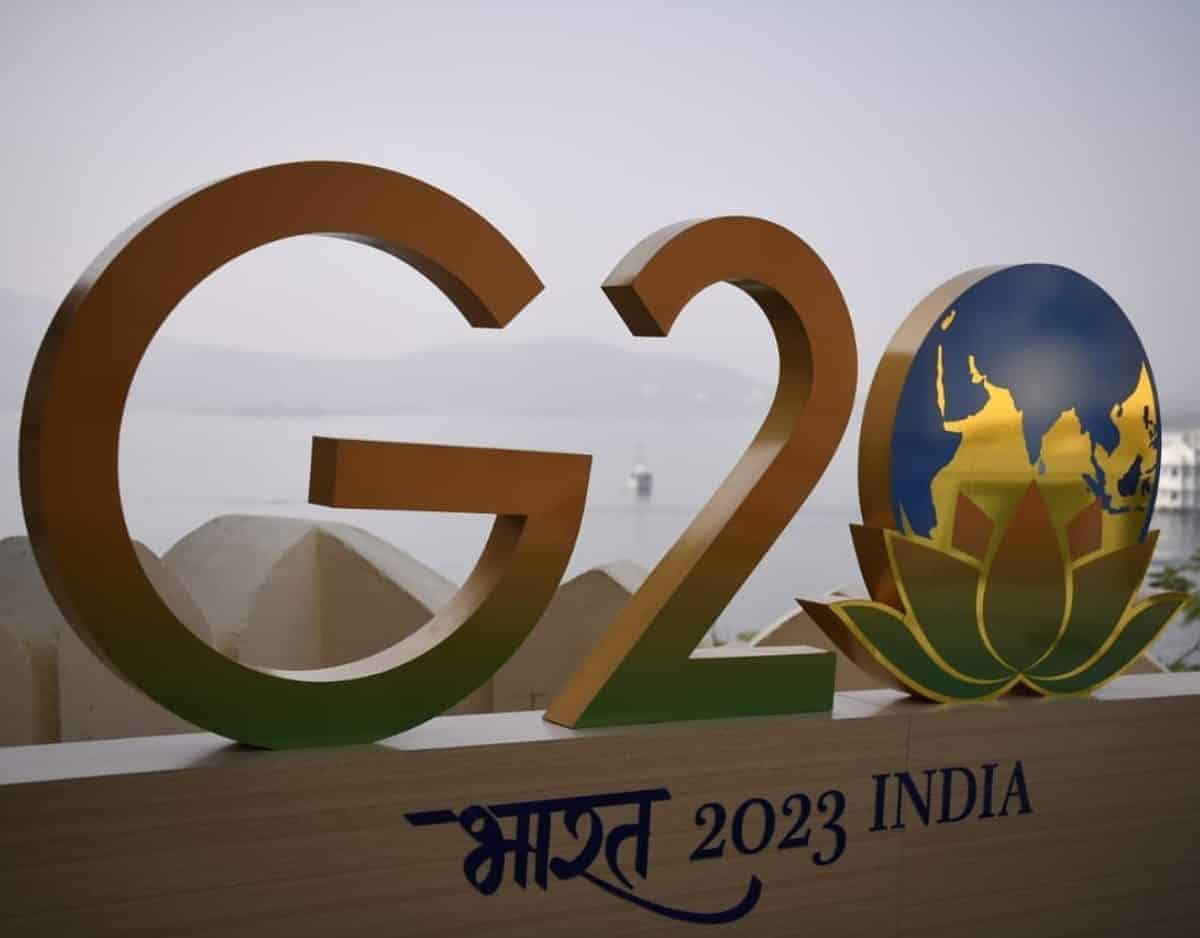
The immediate challenge in Kashmir today is to ensure the smooth conduct of the G20 meeting in Srinagar next month. The Government’s decision to hold a meeting in Kashmir in the year when India is holding the presidency of the grouping of leading economies of the world, is a grand geostrategic move, as among all other reasons, the choice of the place has a different resonance than other cities hosting the events. And, this is not all about the beauty of the city of Dal Lake and Mughal Gardens watched by Zabarvan hills. It is the geo-political importance that it holds, which Delhi knows, and so does the rest of the world, which will matter the most.
Srinagar, a city of 1.3 million, is undergoing changes in its landscape. The goal of making it a smart city is going on at break-neck speed, with all the officers on their toes and laborers toiling 24×7, to make it look pleasant to visitors from 20 countries. There is a purpose beyond the mere beautification of the city, it is to tell the locals and visitors alike that the city can be reshaped as per the changed status of Jammu and Kashmir, where there is no resistance to any change. The changed status, as understood by everyone is the abrogation of Article 370 way back in August 2019. It is here where the change in colour and structures in the city matters in terms of strategic goals behind the hosting of the meet on May 23-24.
At the moment, there are plenty of positives- the people are looking forward to the international event with hope and promise. They want to show all the negative images that the world had gathered about it over the decades, especially since 1990, when the armed militancy peaked and made Srinagar a city of expanding graveyards and almost daily funerals because of the men and women killed because of bombs and bullets. Kashmir was censured as a no-go zone by several foreign countries, including the US, UK, Germany, and France – which are now leading lights of G20. These countries had issued travel advisories for their citizens as they had listed Kashmir as a dangerous place to visit. There were reasons; foreigners were kidnapped, murdered, and some of the cases, particularly that of Americans, Britishers, German, and Norway were abducted and murdered. That time, the common Kashmiris, despite their own ideological way of thinking, were against harm to any of the visitors, domestic or foreign. But their voice was muffled as the militancy had changed gears; it had moved into the hands of foreign militants who had no love lost for Kashmiri values. They know that this is the time to undo all the bad things that happened in the past. Nearly two million tourists visited the Valley in 2022, and almost all of them either stayed in Srinagar or passed through it, but that only told one side of the story that Srinagar is safe for tourists, but the international branding that the place needed is rooted in the G20 meeting.
This is manifestation of the economic urge among the people, for they know that a successful G 20 meet would bring them economic benefits. These are not to be measured only in terms of more tourists, but a stable destination for investments which would work two ways- training the local youth in professions enabling them to compete internationally, and the global talent reaching them. This, in a way, is a hidden urge to place Srinagar, by extension Kashmir, as a place as high and vibrant as Shanghai and, Dubai, which stand on their own by way of their economy and investment destinations.
When economies grow, many political walls fall apart. This is for the government but not all by itself, to generate a narrative, that Kashmir is safe because of its own, without the extensive security covers – the people want it to be that way. This needs to be done by taking local stakeholders on board, including the political and business leaders who have already extended their support to the event. It is very important here that the event is not presented or projected as something as an event as a counter to the designs of the enemy. Let it be a Kashmir event owned by Kashmiris, this will deliver its own strategic message to all, including the disruptive forces within and across the border. More rhetoric may prove counter-productive.

